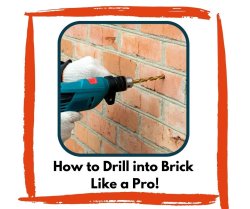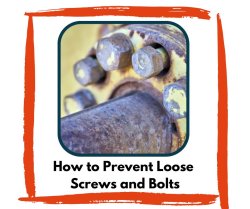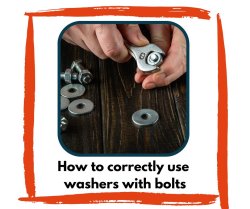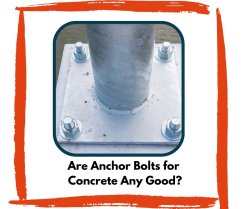How to Drill into Brick Like a Pro

How to Drill into Brick like a Pro
Drilling into brick is an essential DIY skill, whether you're mounting a TV, putting up shelves, or installing curtain poles.
Unlike plasterboard, brick provides a solid and durable surface for fixings—but you can’t just screw directly into it. You need the right drill, fixings, and rawlplugs to ensure a secure hold.
At Fix and Fast, we know that choosing the right tools and techniques makes all the difference. This guide will walk you through how to drill into brick safely and efficiently, so your fixings stay strong for years to come.
How to Prevent Loose Screws & Bolts

How to Prevent Loose Screws and Bolts
Loose screws and bolts are more than a minor inconvenience—they can lead to equipment failure, leaks, and even safety hazards. But why do they loosen, and how can you stop it?
The fixings experts at Fix and Fast break it all down and offer practical tips to keep your fasteners secure.
How to Correctly use Washers with Screws and Bolts

How to Correctly Use Washers with Screws and Bolts
Washers are often overlooked in fastening systems, yet their role is essential in ensuring secure, durable, and long-lasting connections.
Whether you’re assembling furniture, repairing machinery, or working on a DIY home improvement project, understanding the types and correct usage of washers can significantly enhance the quality and longevity of your installations.
This guide explores the fundamentals of washers, their purposes, and how to correctly use washers with screws and bolts.
How to Wall Mount your TV

How to Wall Mount your TV
Wall-mounting a TV is a great way to save space, improve your viewing experience, and create a sleek, modern look for your living area. Whether you’re attaching it to a brick or plasterboard wall, this guide will walk you through the process step by step and help you choose the right fixings to ensure your TV stays securely mounted.
Are Anchor Bolts For Concrete Any Good?

Are Anchor Bolts for Concrete Any good?
Anchor bolts are a vital component in construction, offering a reliable way to attach structures and materials to concrete. At Fix and Fast our customers often ask 'Are they any good'.
In this blog we explore what anchor bolts are, the different types available, their benefits, and how to install them effectively.
Along with answering that question 'Are Anchor Bolts for Concrete Any Good'







